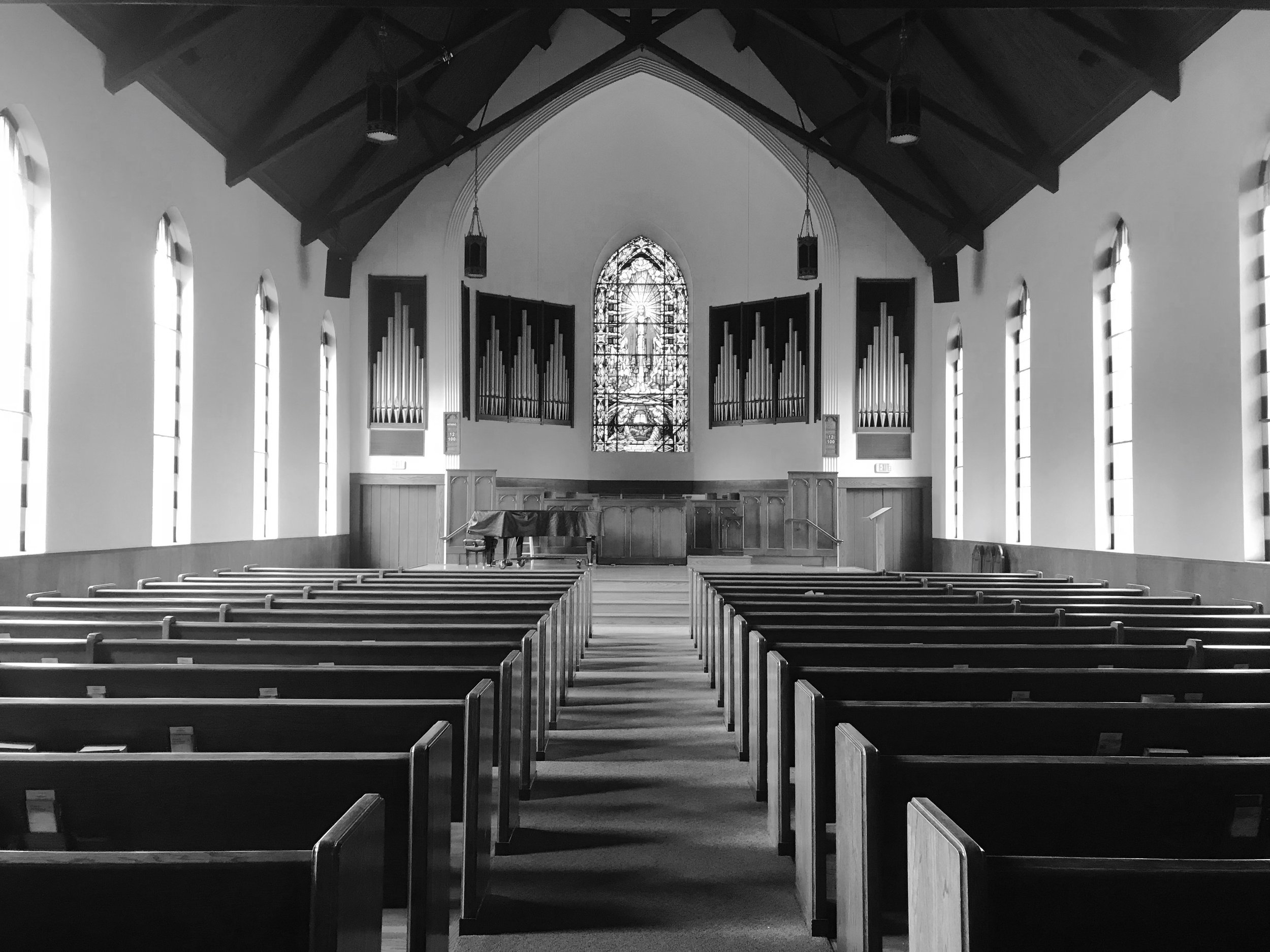Why Do We Need Oil?
As Christians, it is crucial that we understand the why behind the what regarding everything we do. Sometimes at the end of our worship gatherings you'll see pastors praying for people and even anointing them with oil. What is this about? Why do we do it?
Descriptive and Prescriptive
Sometimes the New Testament uses descriptive language that describes what was happening then and there. Other times it is clearly prescriptive implying "this is prescribed for all confessing Christians." Being able to discern between the two becomes all the more important as we function as a local church.
For example, in Acts 2 (and Acts 4), we see the first church coming into existence and it is recorded that “all who believed were together and had all things in common” (Acts 2.44). How do you read that text for us today? Is it prescriptive or descriptive? Is this a command for all Christians at all times and all places to mimic the first church in every single facet? Not necessarily. Luke is describing some of the practices of the early church.
But when it comes to anointing people with oil, the New Testament is rather unclear in both places the practice is mentioned. The first occasion (Mark 6:13) is descriptive of certain events. The second occasion (James 5:14) is prescriptive for the elders of a local church.
Disciples’ Practice: Descriptive
The first time we see the practice is found in the Gospel of Mark after Jesus had sent the disciples out to preach and had given them authority to heal the crowds: “And they cast out many demons and anointed with oil many who were sick and healed them” (6.13). However, Mark does not tell us why they anointed the people with oil, just that they did.
Elders’ Practice: Prescriptive
In James 5:14, we see this: “ Is anyone among you sick? Let him call for the elders of the church, and let them pray over him, anointing him with oil in the name of the Lord. “ The command is clearly prescriptive. This must be done.
What Is the Purpose?
But what is the purpose of anointing people with oil? The reason for anointing with oil in the first century was twofold:
Medicinal
Sacramental
Medicinal
When Jesus tells the parable of the Good Samaritan, he says that the Samaritan “went to him and bound up his wounds, pouring on oil and wine. Then he set him on his own animal and brought him to an inn and took care of him” (Lk. 10.34). This is because the oil would have functioned as a soothing skin conditioner.
Sacramental
When James wrote, he may have in mind: “After you put these clothes on your brother Aaron and his sons, anoint and ordain them. Consecrate them so they may serve me as priests.” The concept here was a “setting apart for the special attention and service of God.” It could be used as a physical demonstration to the sick and serve as a means of saying, “we are placing you in God’s merciful hands.”
And Douglas Moo points out that the early Greek church practiced what they called the Euchaleaion (a combination of the words euche, “prayer,” and elaion, “oil,” which are both used in James 5:14). They did this for the goal of “strengthening the body and soul of the sick.”
Since the oil was used in both medicinal and sacramental contexts, we at Redemption Church have to keep in mind both common grace (which benefits all mankind) and special grace (which is for God’s people), if you will. We acknowledge and respect the medical community, and we believe that God works through the means of the common grace of our doctors. (James tips his hat towards the medical community, in my opinion). Yet, in prayer, we go before God, requesting that he do a miracle, something supernatural in healing the people of Redemption. When we do this, we are asking for a special grace.
